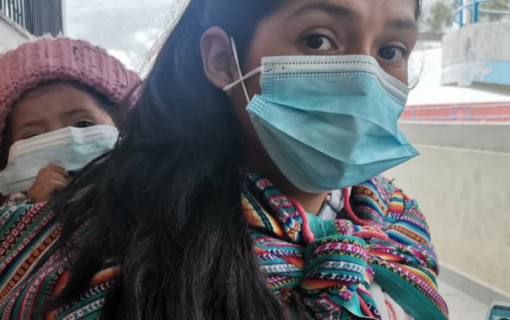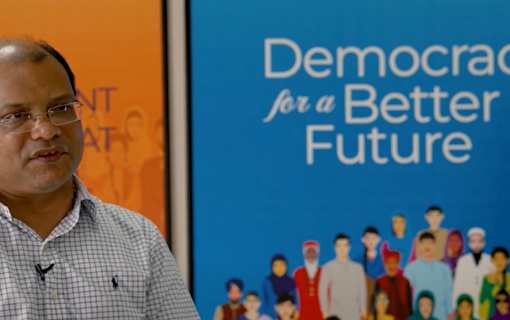Election Modernization and Voter Education, Republic of the Philippines: Interim Report, September - December 1996
INTRODUCTION
The Republic of the Philippines is in the process of modernizing its voter registration, voting and tabulation procedures through the application of new electoral technology. This requires development of enabling legislation for both the modernization process and the implementation of new administrative structures and practices. It also requires development and implementation of a major new voter education effort explaining the new processes. The International Foundation for Election Systems (IFES) Technical Resources Project is a US Agency for International Development (USAID) funded project designed to assist the Philippine Commission on Elections (COMELEC) with research and planning for legal reform and for the voter education program to follow.
IFES involvement in the Philippines began in 1995 with a Technical Assessment Project to evaluate the existing electoral system and to recommend fundamental changes in the registration and tabulation procedures. COMELEC proposed adoption of an optical-scanning method of tabulation and requested funding for a test of the process for the Autonomous Region of Muslim Mindanao (ARMM) elections to be held in 1996. COMELEC also developed initiatives to reform the registration and record-keeping functions of the agency. The Philippine Congress authorized a pilot test and planning for a complete modernization of the electoral system, which would begin with a test of equipment in the ARMM election. In the Spring of 1996, COMELEC requested IFES assistance in the planning of voter education programs to coincide with the overall modernization program. At the same time, NAMFREL requested assistance in the hosting of symposia for the purpose of reviewing and drafting electoral reform legislation consistent with the new technology. Funding from USAID's Technical Resources Project was authorized in September 1996 and activities began that same month.
The exercise of any election requires closely timed coordination to provide equipment and commodities, official decisions, and bureaucratic processing in accordance with established legal guidelines. Development of an information program is vital to the education of the voters and to the successful implementation of electoral reforms. There is a wide range of challenges facing all of the stake-holders in the Philippine political process. The ARMM election held on 9 September 1996 provided the opportunity to test the reforms, technology, and procedures prior to the national election in 1998. Although IFES did not directly observe the ARMM elections, it did gather data through field work in the month following the election.
IFES is assisting COMELEC, legal reformers and Philippine NGOs with a program of general technical assistance that establishes priorities according to the following objectives:
1) Provide information for and facilitate the process of adopting appropriate legal reform legislation;
2) Assist in the evaluation of progress in the modernization process; and
3) Provide research and planning assistance in the preparation of a plan to educate voters about the modernization process.
In addition to COMELEC, IFES is working closely with a number of Philippine partners: the National Citizens Movement for Free Elections (NAMFREL), Congressional Committees managing electoral legislation, and other appropriate agencies and groups that are involved in accomplishing these objectives. There are two major components to the IFES work: assisting in hosting round table symposia on election law reform and assistance in preparing a voter education plan for the 1998 election.
Since legislation is critical to the establishment and functioning of the modernization process, the round tables are designed to accelerate the legislative process of crafting and passing effective reform legislation. It involves coordination among a number of agencies and groups, including COMELEC, members of Congress, NAMFREL, and other groups with a specific interest in legislation. The design of a long-term comprehensive plan to educate voters prior to the 1998 elections is an on-going process of data-gathering, research, message development, identification and allocation of resources for implementation. The final plan will also include recommendations for advocacy of the plan to obtain Congressional funding, time lines, and measuring instruments.
This document is an interim report on the progress to date on both components of the assistance. To summarize, the first legal round table was held in Manila on October 12-13, 1996, and an IFES team has completed most of the data-gathering operations in preparation for the drafting of the comprehensive voter education plan. This report provides details of that activity and projections for completion of the technical assistance.
Read the Full Report.









